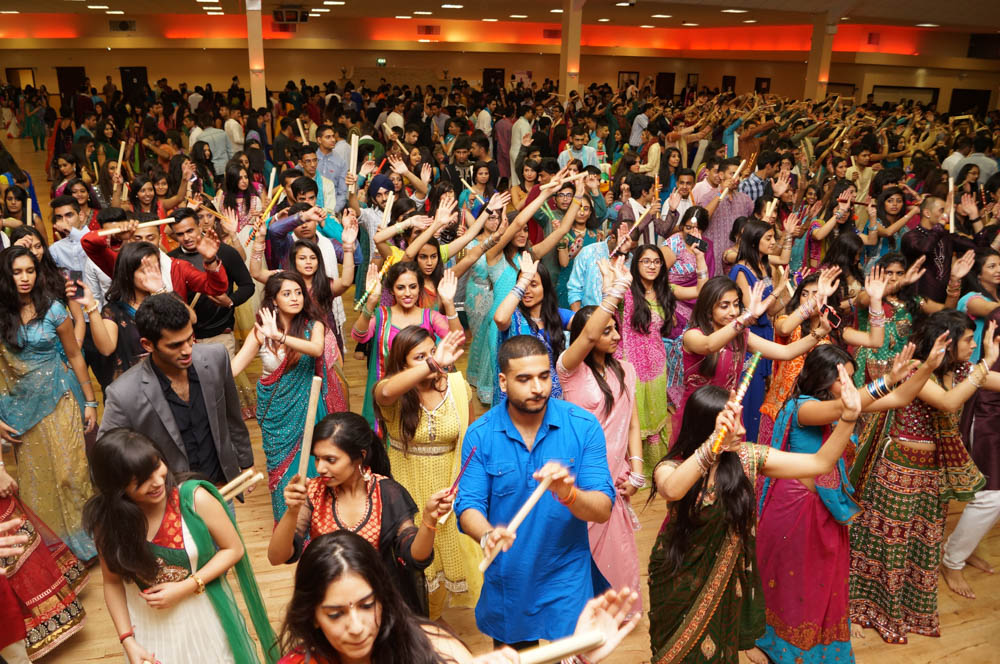
by NHSF | Dec 28, 2017 | Why Do We
Imagine a situation where a mugger uses a knife to harm their victim: we think instantly of the wound – the physical harm – caused to the victim. What about the fear in the victim’s mind – the mental harm – caused by the attacker’s aggression?...

by NHSF | Sep 27, 2014 | Why Do We
NHSF (UK) Learning Team Garba is an exceptionally well known and enjoyable folk dance that usually takes place during Navratri. Originating from Gujarat, this dance is now popular throughout India and indeed the world, as our NHSF (UK) garba events have proven!...

by NHSF | May 9, 2007 | Why Do We
Hindus don’t worship cows. We respect, honour and adore the cow. By honouring this gentle animal, who gives more than she takes, we honour all creatures. Hindus regard all living creatures as sacred – mammals, fishes, birds and more. We acknowledge...
by NHSF | Sep 19, 2006 | Why Do We
From “In Indian Culture, Why Do We…” by Swamini Vimalananda Radhika Krishnakumar. Copyright: Central Chinmaya Mission Trust, Chinmaya Mission UK, www.chinmayauk.org Towards the end of every ritualistic worship (pooja or bhajan) of the Lord or to...
by NHSF | Sep 19, 2006 | Why Do We
From “In Indian Culture, Why Do We…” by Swamini Vimalananda Radhika Krishnakumar. Copyright: Central Chinmaya Mission Trust, Chinmaya Mission UK, www.chinmayauk.org Om is one of the most chanted sound symbols in India. It has a profound effect on the...
by NHSF | Sep 19, 2006 | Why Do We
From “In Indian Culture, Why Do We…” by Swamini Vimalananda Radhika Krishnakumar. Copyright: Central Chinmaya Mission Trust, Chinmaya Mission UK, www.chinmayauk.org In India one of the most common offerings in a temple is a coconut. It is also...




